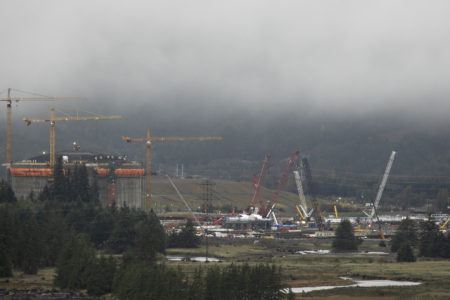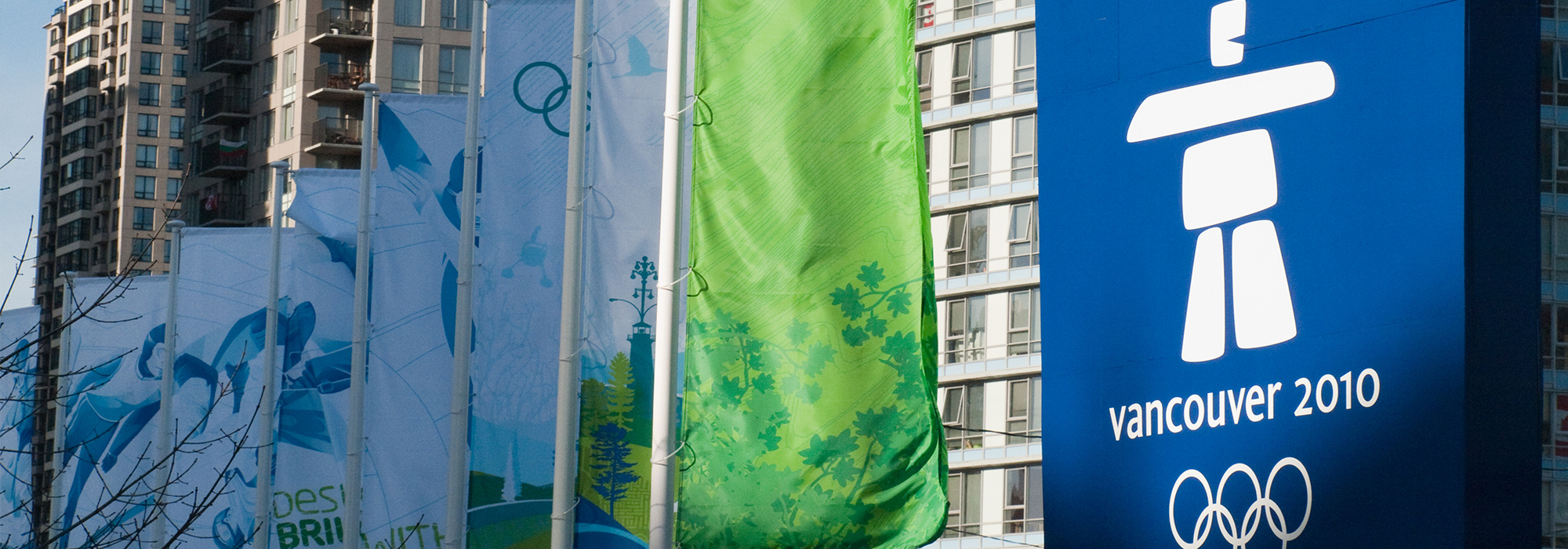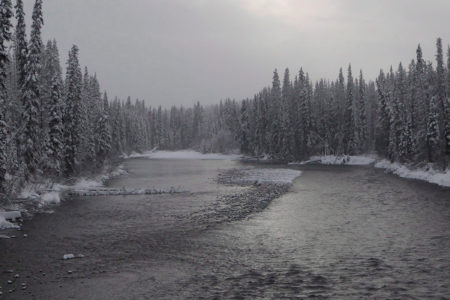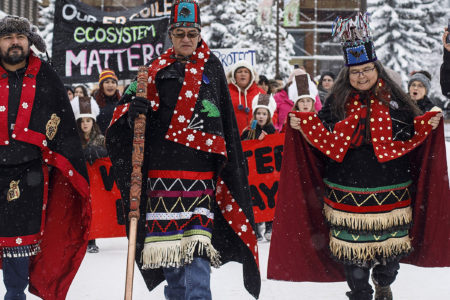
It’s been quite a year for Canada. Western Canada had a particularly active year, with a series of events that shaped national — and even international — news for economic, cultural and political stories. The top ten list of events in the four western provinces for 2010 (in no particular order):
- The Vancouver/Whistler Olympic Winter Games. It got off to a rough start, but in the end the nation’s heart was ignited with a record-setting gold-medal performance. There may not have been much snow in Vancouver, but the world was treated to a spectacularly well-run event. The infrastructure will be a lasting legacy for BC.
- Danielle Smith and the Wild Rose Alliance in Alberta. While she technically won the leadership of the fledging party in 2009, it was in 2010 that the party really started to emerge as Alberta’s unofficial opposition. (The Liberals are still the official opposition.) The party is an unholy marriage of Smith’s free-market libertarianism and her party’s traditional stronghold within social conservatism.
- Flooding in Saskatchewan and Manitoba. Farmers on the Canadian Prairies should be nominated for the “How-long-can-you-put-up-with-this” award. If it’s not drought, grass hoppers, low prices, hail or early frost, it must be flooding. And the spring of 2010 brought the latter. Record rain throughout much of eastern Saskatchewan and southwestern Manitoba gave new (and unwelcomed) meaning to “beach-front property.”
- Tax revolt in British Columbia. Who would have thought that such a sensible idea (i.e., sales tax harmonization with the GST) would cause such a ruckus? Although economically a nobrainer, the HST proved to be a political train wreck for the governing Liberals. After a couple of years of relative political stability, the natural order of circuslike antics was restored in BC. Even disgraced former Social Credit premier Bill Vander Zalm had a small revival with the referendum to stop the tax.
- Calgary elects Naheed Nenshi as mayor. Stereotypes of redneck Calgary can finally be put to well-deserved rest: Calgary becomes the first major city in North America to elect a Muslim mayor. Even more noteworthy is that during the campaign, his faith remained exactly what it should be: his own business. Never was his faith an issue during the campaign. Nenshi didn’t win because he bought the election (his budget was slim). He didn’t win because of his influence with big oil (he was a college professor). He won simply because he had the best ideas, and voters connected with that. Isn’t this how democracy should work?
- Foreign acquisition of the PotashCorp of Saskatchewan denied. In a nail-biter decision by the federal government, BHP Billiton’s bid to purchase Saskatoon-based PotashCorp was blocked, setting into motion what is certain to become a long, soul-searching debate in this country over foreign investment. During the 75 days to make a decision, the feds seemed to signal that a foreign buyout was no big deal, and that Canada should be “open for business.” But bowing to a lot of political heat it would have taken in the province, the feds put the kibosh on the deal.
- Gordon Campbell steps down as premier of British Columbia. After a nasty battle over the HST (see #4 above), Gordon Campbell finally decided to pack it in after nine years as premier of BC. In a last-ditch effort to bolster support, Campbell had announced a promise to cut personal income tax by 15 percent next year. But only days after this announcement, he surprised everyone by bailing out altogether.
- Saskatchewan joins TILMA. They join what, you ask? TILMA — the Trade, Investment and Labour Mobility Agreement between Alberta and BC. Of course, to convince Saskatchewan to join, it was given a new name (the New West Partnership Agreement). By adding Saskatchewan, it adds up to a free-trade region of 9 million people with a GDP of $550 billion.
- Greenpeace and movie directors sling mud (or was it tar?) at Alberta oil sands. The summer of 2010 brought some unwelcomed publicity in the US and Europe. Greenpeace activists flew (!!) to Fort McMurray and tied themselves to equipment, and a rogue environmental watchdog group based in San Francisco placed billboards in London and New York. Even James Cameron, the director of Avatar, jetted up (him too?) to have a look. Yet none of them seemed to be able to explain the ethics of purchasing their jet fuel from Libya, or Saudi Arabia, or Nigeria, or Venezuela, or…
- Manitoba makes headlines for immigration policies. In no less than the New York Times, the province’s strong pro-immigration policies are featured as a “how-to” for growing your workforce and playing nicely with others. Said the Times article: “Manitobans did something hard to imagine in American politics, where concern over illegal immigrants dominates public debate and states seek more power to keep them out.”
Photo: AlexAranda / Shutterstock








